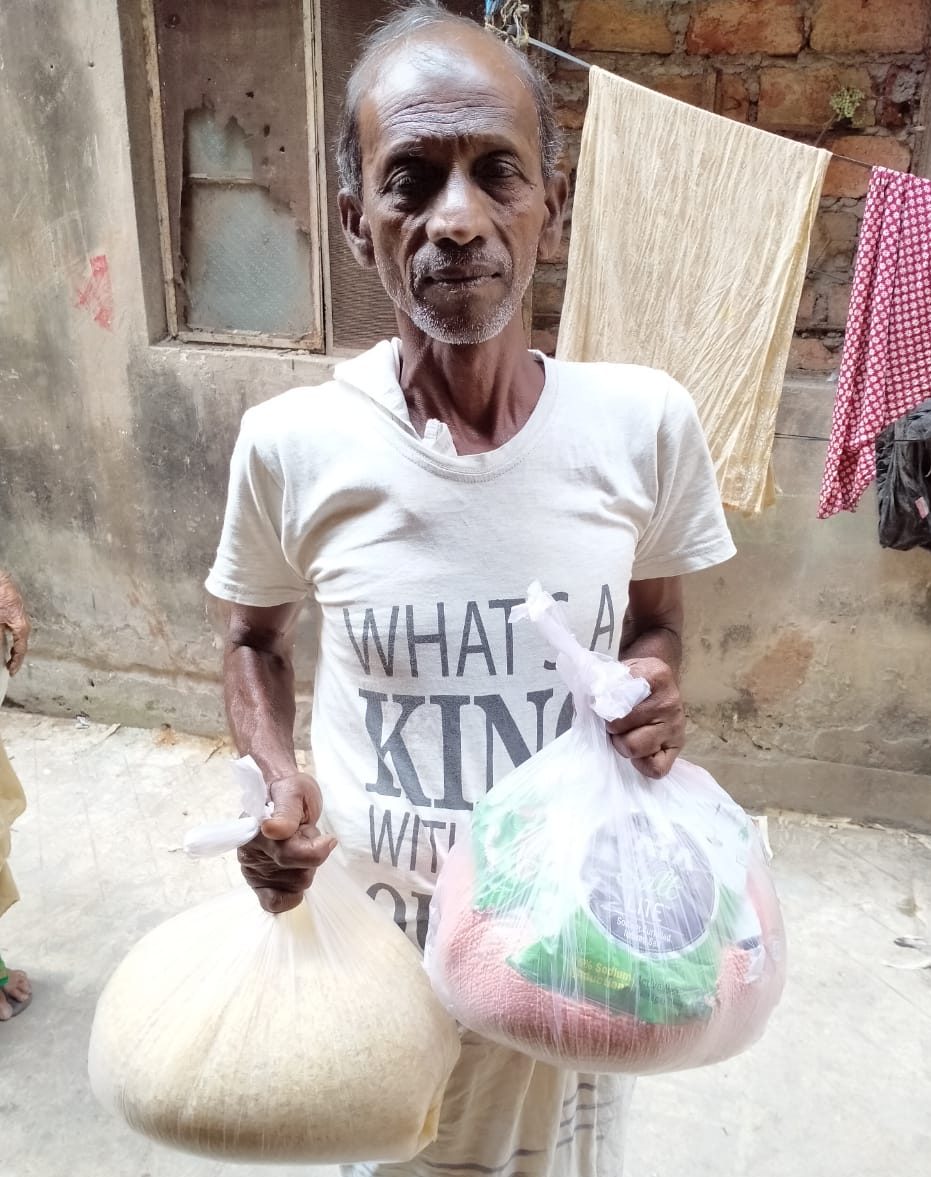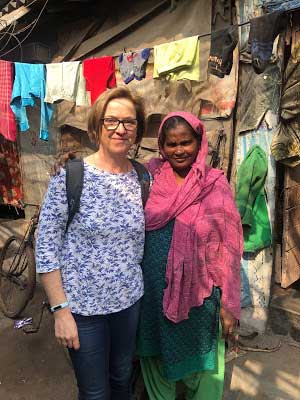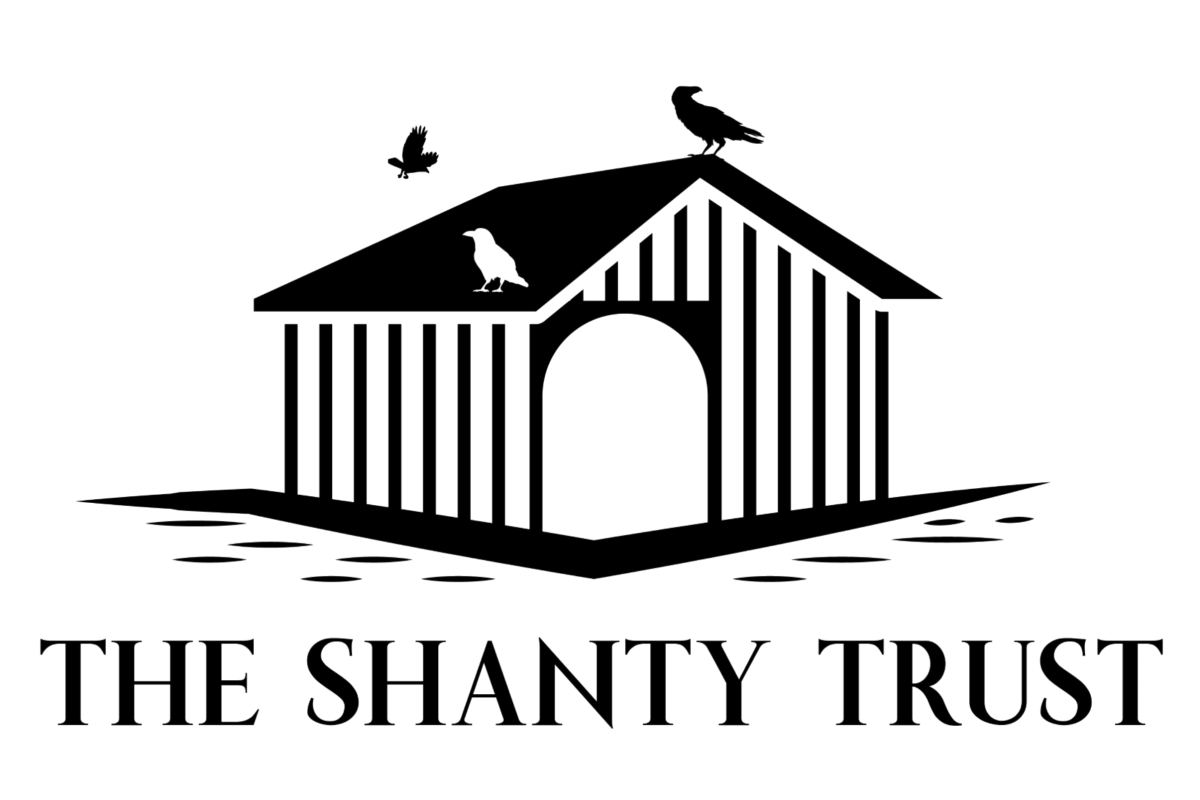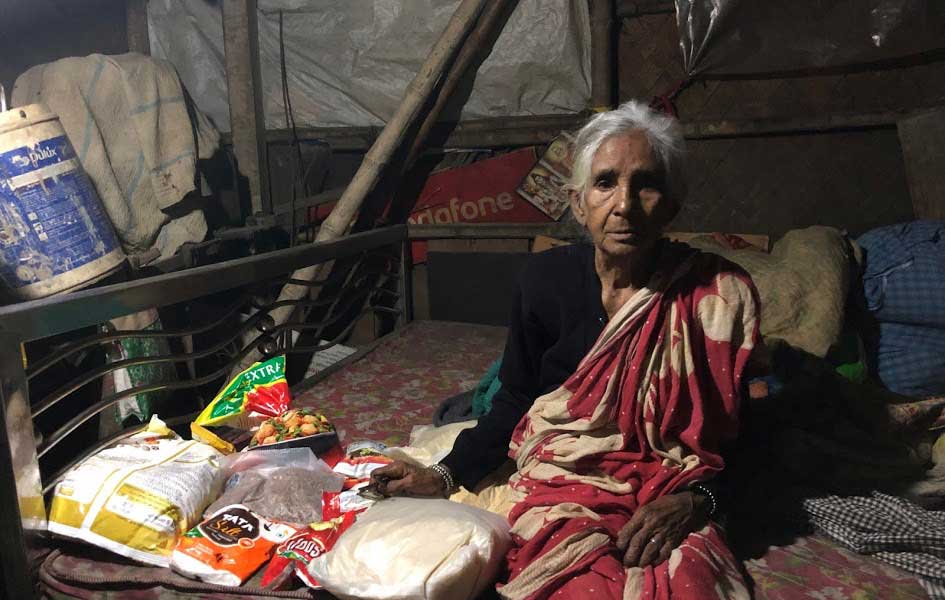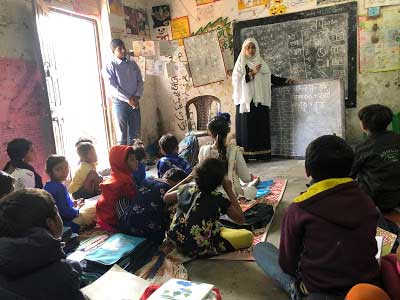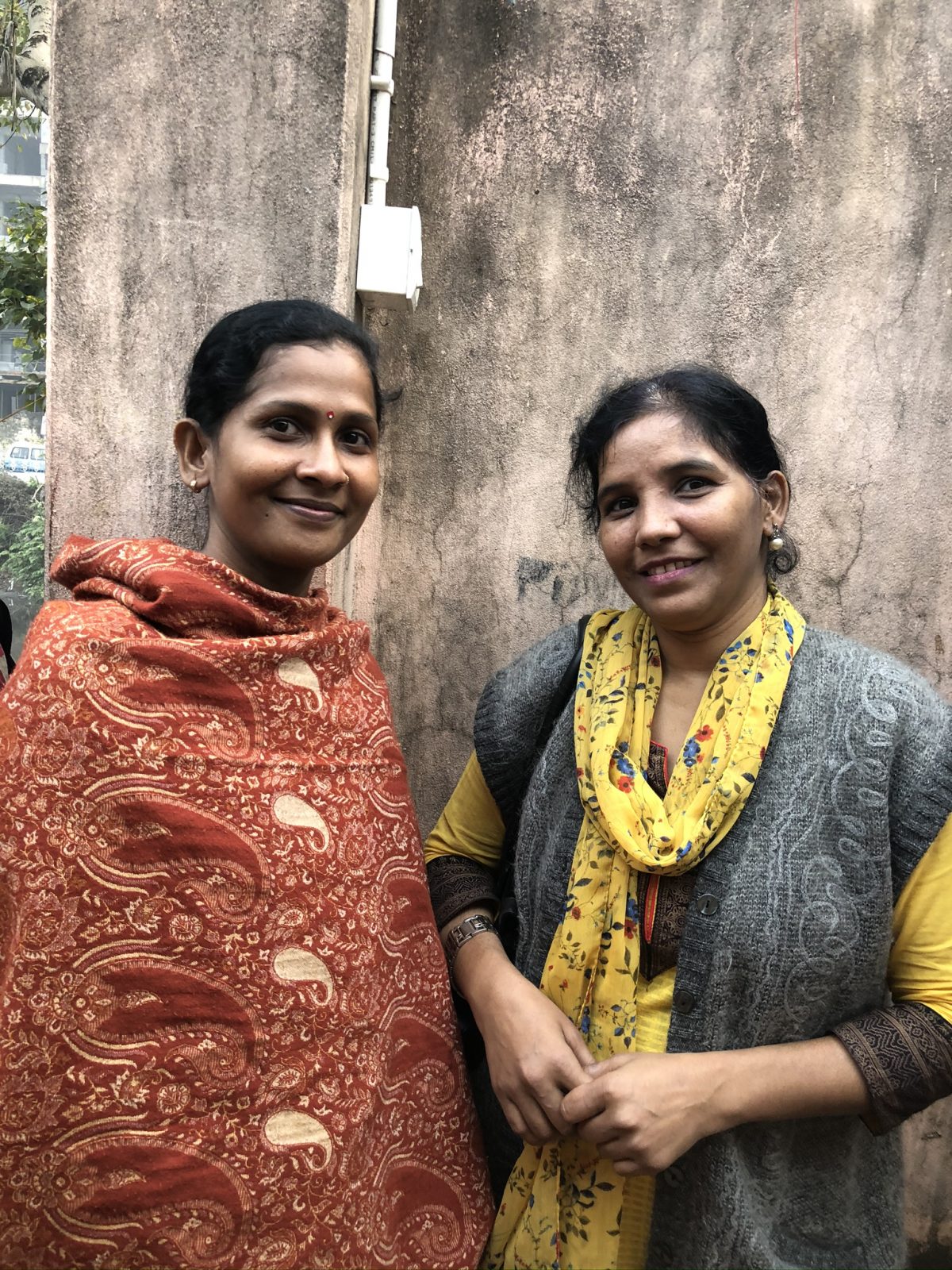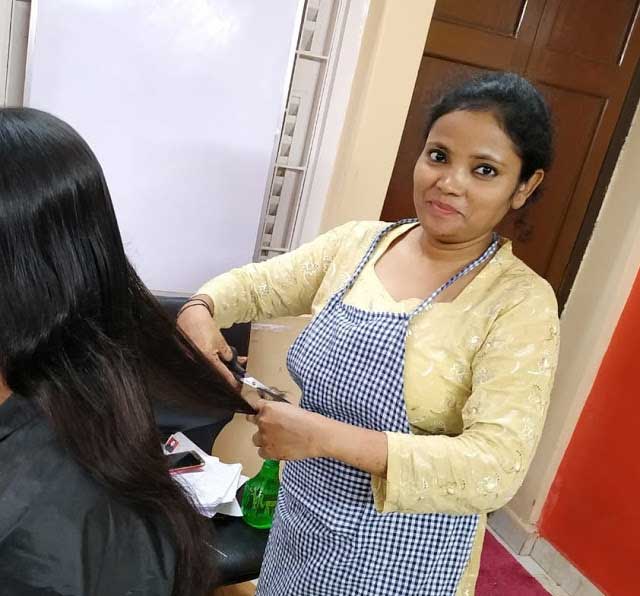Category: News
-
We need a new vehicle
Posted on
by
DONATE NOW Tiljala SHED’s faithful workhorse – a grey Maruti Suzuki Eeco – is almost beyond use. We desperately need to find a replacement. Bought in 2008 this 7 seater van has been essential to all of Tiljala SHED’s activities. But right […]
-
Distributing Emergency Rations During COVID19
Posted on
by
It is Ramadan, the temperature is in the 30s and this little team has distributed emergency food parcels to 1650 families (almost 10,000 people) over the last month. The transportation, storage, packaging, and distribution were all handled by this small group under […]
-
News from Kolkata during COVID19 lockdown crisis
Posted on
by
I was last in Kolkata in January. One woman who has become a friend over the years is Razia. She lives with her disabled husband and 3 children in a shelter beside the Topsia nullah (a stinking open sewer or canal). She […]
-
New Charitable Trust established to support Tiljala SHED
Posted on
by
The trustees very pleased to announce the establishment of a new UK registered charitable trust dedicated to supporting Tiljala SHED and other organisations committed to the relief of poverty in India and around the world. The Shanty Trust is U.K registered Charitable […]
-
“The girls from Tiljala SHED lost all three of their matches but they played their hearts out. They kept practising even during the break”
Posted on
by
Rina lives in Topsia Canalside Squatter Community where 710 families live in illegal makeshift shelters beside a stinking open sewer. Rina is 13 years old. She is a member of Tiljala SHED’s newly formed girls’ football squad. Her father is a rickshaw […]
-
Delivering Food Parcels in Topsia
Posted on
by
On a mission to deliver emergency food rations to one very needy family and two very vulnerable elderly women.This was a difficult day. First we went to Maya’s home – a shelter down a dark alley between the busy road and the […]
-
Visiting the Park Circus Children’s Club
Posted on
by
I don’t know where to begin. I have been visiting Tiljala SHED for 5 years and thought I couldn’t be surprised by anything. Yesterday I was invited to attend school. Local children from the Park Circus Railway Squatters (mostly the children of […]
-
Rehana: from success to despair to renewed hope
Posted on
by
Back in Kolkata at last!Yesterday I went to visit some of our beneficiaries – redoubtable women from the Topsia Squatter camp who are making a success out of lives lived perched over a sewage canal. Rehana at home in her better days. […]
-
“I’m very much excited for the future”
Posted on
by
The Saloni Beauty Salon. Ayesha is 32 and, unusually in communities like the Topsia slum where she lives, she is unmarried. Instead, her family depends on her to supplement their tiny income. Seven of them have to live on just Rs4000 (£44) per […]
-
My Experience of Kolkata’s Rag Picker Communities and Tiljala SHED’s Amazing Work there
Posted on
by
I visit Kolkata and Tiljala SHED two or three times a year. I love to catch up with old friends and spend time exploring my favourite city. But most of all I love to be part of the great work Tiljala SHED is doing […]

